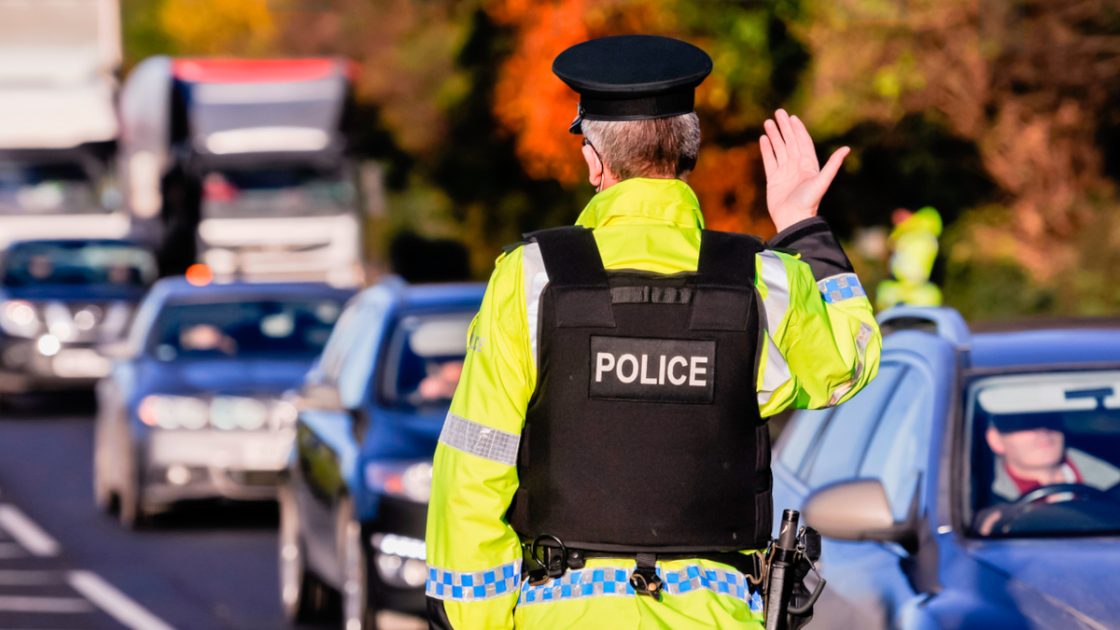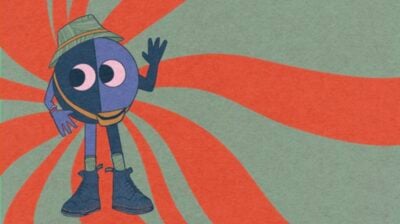Drink and drug driving in Ireland
Never drive when under the influence of drugs or alcohol

The law is clear: it’s illegal to drive under the influence of an intoxicant. Drink driving (driving under the influence of alcohol) and drug driving (driving under the influence of drugs) are both also incredibly dangerous.
What happens when you drink alcohol and drive?
Alcohol affects your judgement, vision, co-ordination and reaction time.
When driving this can mean that:
- You are slow to react in emergencies
- You drive too fast or too slow
- You run over curbs
- You wobble or weave across the road
- You don’t signal or don’t use the lights
- You don’t stop at red lights or stop signs
- You pass other vehicles unsafely
With just a small amount of alcohol (20mg-50mg) in your body, you aren’t able to properly judge the distance and speed of oncoming vehicles. You might also take greater risks such as dangerous overtaking or driving too close to other cars.
At the legal alcohol limit or over (50mg+) in your body, your vision is affected and you’ll be slow to react at red lights and emergency stops. You are more likely to speed and to have problems judging distances at bends. Motorcyclists will have problems driving in a straight line. You are also more likely to overestimate your own ability.
What happens when you take drugs and drive?
Drugs affect your behaviour, judgement and mind set.
When driving this can mean that:
- You are slow to react in emergencies
- You don’t concentrate enough on driving
- You feel sleepy or exhausted
- Your thinking is confused
- You have a distorted perception of things or hallucinations: you might be paranoid about other drivers, have panic attacks or think you are able to do dangerous manoeuvres
- You become over confident and take unnecessary risks
- Your vision is blurred so you can’t see properly
- Your co-ordination is affected
- You might become ill, dizzy, have cramps or the shakes
Can you drive on prescription and over the counter drugs?
Some medicines will affect your mental alertness or co-ordination, and this means it’s not safe to drive after taking them. If you drink while using medication there’s even more risk. Make sure to read the medication label carefully and ask your doctor or chemist if this drug will affect your driving.
Things to consider before you drink and drive
Drinking and driving is never a good idea. Here are some things to know:
Sobering up takes time
It takes an hour for the effects of half a pint (or a glass of wine) to wear off. The best thing you can do is avoid drinking entirely, as it can take longer than you think for the effects to wear off, and everyone reacts differently.
You can still be over the limit the next day
If you’ve been drinking all night and only had a few hours of sleep, then you can still be over the alcohol limit and could fail a breathalyser if you were stopped. If you were on a night out, it’s best not to drive the next day.
You could be disqualified from driving
If you are convicted of driving over the alcohol limit, you will need to pay a fine and could be disqualified from driving for three to six months.
Drink driving and the Gardaí
Remember that the Gardaí have the power to breathalyse any driver randomly stopped at an alcohol checkpoint. They also have the power to ask drivers to perform a series of roadside coordination and balance tests, including finger to nose test, standing on one leg and walking a straight line.
If a driver is involved in a crash, the Gardaí have the power to take an oral fluid (spit) sample from the driver, to test for drugs. If the driver refuses to give the sample, this is considered an offence, and will result in penalties. They will also perform a breathalyser test.
Garda road side drug testing
Driving while under the influence of drugs (drug driving) has been against the law in Ireland since 1961. However in 2017, An Garda Síochána were given additional powers to test drivers for the presence of certain drugs. This is similar to how Gardaí can test drivers for alcohol.
The road side machine that Gardaí use can test for drugs such as cocaine, cannabis, benzodiazepines and opiates. Gardaí can also conduct blood or urine tests at Garda stations that can test for, as well as everything listed before, amphetamines and MDMA.
It is illegal to be under the influence of any drug to the point that it makes your driving worse. These recent laws (changes to the The Road Traffic Act 2010 implemented in 2016) also make it illegal to have a certain amount of certain drugs (cocaine and cannabis) in your system.
This means that in the case of cannabis and cocaine, you can be arrested if you test positive for these drugs, even if there is no evidence it is affecting how you drive.
The limits of how much of each drug can be in your blood are, according to the Act:
- Cannabis (THC): 1ng/ml
- Cannabis (THC-COOH): 5ng/ml
- Cocaine: 10ng/ml
- Benzoylecgonine (Cocaine): 50ng/ml
- 6-Acetylmorphine (Heroin): 5ng/ml
‘Ng’ stands for nanogram. A nanogram is one-billionth of a gram.
When can Gardaí test for drugs?
Gardaí can test for drugs or alcohol at checkpoints or upon pulling someone over. They use a machine to test a person’s saliva (spit) for the presence of drugs.
Under a law implemented in 2024 (The Road Traffic Act 2024), it is now required that anyone involved in a serious road collision (accident) be tested for the presence of drugs.
What if I refuse to take the drug test?
If you refuse to provide an oral fluid sample (spit/saliva) for the test, you are guilty of committing a crime.
If you’re convicted of this crime in court, you could be fined up to €5,000, sentenced to a maximum of 6 months in prison, or given both the fine and the prison time. This is the same as the punishment for drink driving.
What will happen if I test positive for drugs?
If you are visibly impaired, but do not test positive for drugs, you can still be taken to a Garda station to have a blood sample sent for further testing.
This is because the Gardaí could suspect you are high on a drug that the roadside machine cannot test for but that a blood test can.
If you test positive for cannabis or cocaine, you will be arrested and brought to the Garda station for further testing, even if there is no evidence your driving has been affected.
Will I lose my license if I test positive for drugs?
If you are convicted in court of drug driving, you will be disqualified from driving. How long you are disqualified for will depend on what the judge in a case decides. However, Irish law has certain minimum periods of disqualification from driving where a person is convicted of this offence.
Are the rules different if I’m a learner driver?
For people who are ‘specified drivers’ — which includes learner drivers, novice drivers, professional drivers and commercial drivers — there are different rules. Specifically, there is a lower limit for these drivers, meaning that someone who falls under these categories could be found guilty of drink driving with 20mg alcohol per 100ml of blood in their system, as opposed to the normal legal limit of 50mg.






